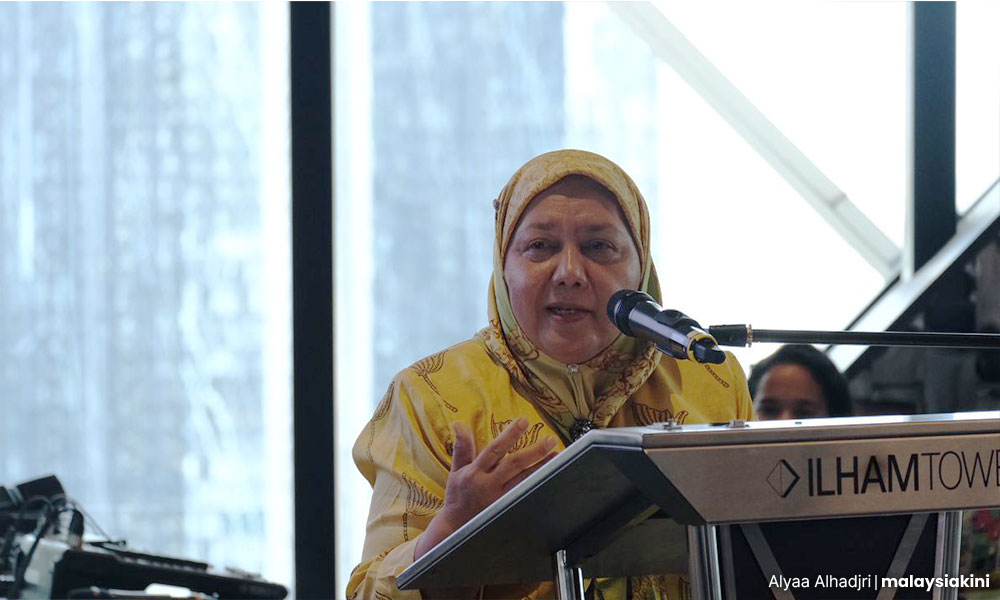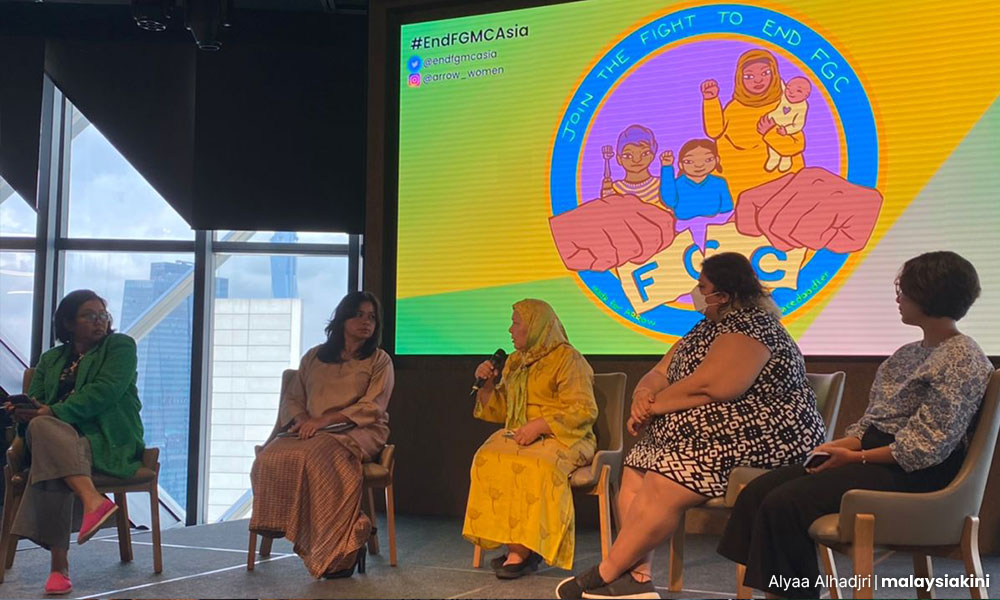Focusing on evidence-based research while balancing conflicting cultural and religious ideals on ‘female genital mutilation or cutting’ (FGM/C) has been identified as a way forward toward ending the practice in the country.
A 2019 study published by Penang-based Royal College of Surgeons in Ireland (RCSI) and University College Dublin (UCD) campus described the practice known as sunat perempuan (female circumcision) or khitan in Malaysia as nicking the tip of the clitoris and teasing out a piece of the tissue using a penknife or razor.
This is performed on children as young as one or two months old.
The World Health Organization (WHO) classified various FGM/C practices into four tiers - the first and worst being the partial or total removal of the clitoris and/or the prepuce and the fourth being what is traditionally practised in Malaysia and pockets of Muslim communities in Southeast Asia.
Kelantan Reproductive Health Association president Prof Rashidah Shuib, as co-author of an overview on FGM/C in Malaysia as part of a regional collaboration by the Asia Network to End FGM/C, noted how data and evidence surrounding the practice remains scarce over the last three decades.
At the same time, she said religious leaders have a role to play in initiating public discourse, particularly among the Malay-Muslim community.
‘Not a must’
"I think when there are differences in opinions, it can give us (groups advocating against FGM/C) some room to speak.
"We can then say, 'there is this opinion that states female circumcision is not a must'," Rashidah told Malaysiakini when met on Friday after the launch and panel discussion hosted by the Asia Network to End FGM/C, Asian-Pacific - a regional platform set up in partnership between London-based organisation Orchid Project and the Asian-Pacific Resource and Research Centre for Women (Arrow).
"My concern is, will all state muftis agree to that (FGM/C being not compulsory)? For now, there are those who say it’s a must, and others who disagree.
"So I think the strategy to expose people to differing opinions is important. That is the narrative that we want to bring up and start a discussion," said Rashidah, a former director of Universiti Sains Malaysia's Women & Gender Research Centre.

She said the goal also involves shaping a sense of collective empowerment, and going up against "cultural gatekeepers" of the practice, including mothers, grandmothers or others in the closest support system of a new mother.
How harmful is it?
Earlier in her presentation, Rashidah said views of religious authorities in Malaysia - strengthened through a 2009 national-level fatwa and a 2018 Jakim guideline for medicalised FGM/C - are shaped based on the argument that there is "no harm" inflicted in the way it is carried out here.
"(They say) show us where the harm is, then the fatwa will change. So what can we do to get them beyond this (no) harm argument?" she said.
Globally, the practice of FGM/C in its more extreme form has been described as a violation of basic human rights, contributing to both physical and emotional trauma.
On the progression from the involvement of traditional midwives to certified health practitioners, Rashidah noted how the latter had adopted an approach of "harm reduction" in preventing parents from turning to others outside of their profession.
Overall, she said multi-stakeholder engagements are crucial as part of any strategic plan to end FGM/C as practised in Malaysia.
'Two-year action plan'
In mapping out the network's two-year action plan, representatives from NGO Kemban Kolektif outlined four targets - policy changes within and outside of the medical field; standardisation of terminology and language; a cultural shift towards rejecting FGM/C; and linking local movements with global counterparts.

Kemban Kolektif collaborative consultant Jaskirath Kaur Sohanpal noted that the terms sunat and khitan used here served to "sanitise" the practice of FGM/C.
"We should avoid erasure of harmful practices via language," she said in proposing a standard glossary of terms built upon the same understanding of harm.
Kemban Kolektif co-founder Suri Kempe stressed that among narratives to be countered through network building include that upholding human rights and religion are not conflicting agendas.
In terms of policy changes, the group cited possible amendments to the Medical Act 1971 and Child Act 2001 to prohibit FGM/C and introduce more protection against the practice.
Arrow executive director Sivananthi Thanenthiran in her opening address during the launch held in Kuala Lumpur, said: "We have to do more to ensure safer environments for girls and women that includes respecting and protecting their bodily autonomy."
At a global level, Orchid Project CEO Asenath Mwithigah said the action plan is in line with a recent review of the fifth Sustainable Development Goal on gender equality, with a focus on ending harmful practices. - Mkini




No comments:
Post a Comment
Note: Only a member of this blog may post a comment.